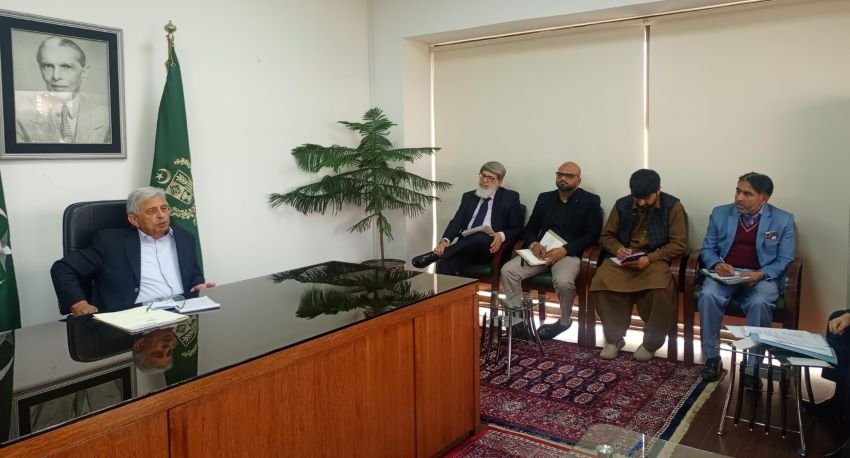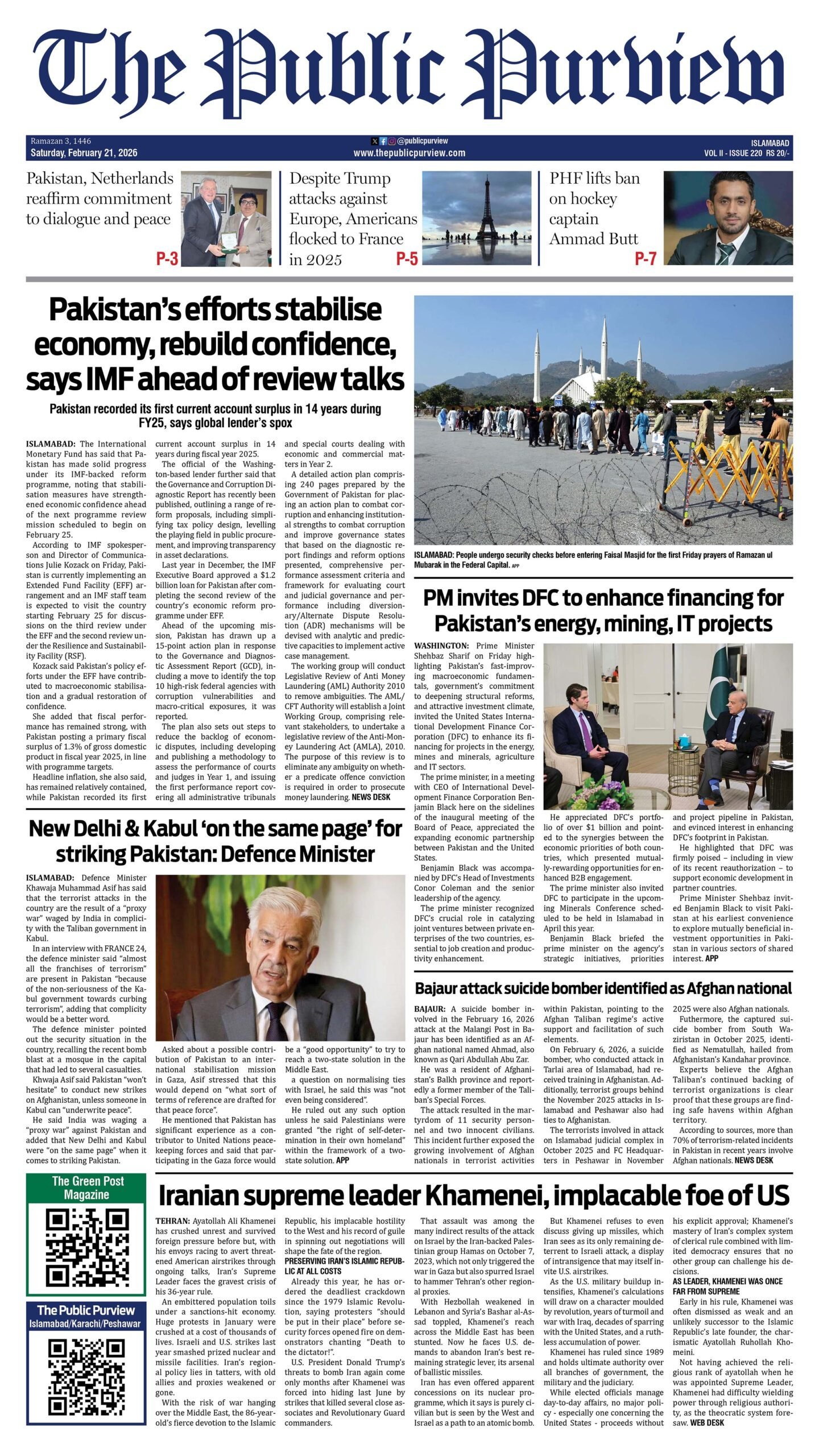
By Hafiz Ahsaan Ahmad Khokhar
(ADV Supreme Court)
In a significant ruling upholding constitutional boundaries and reinforcing the principle of judicial federalism, the Islamabad High Court on Tuesday dismissed a constitutional petition challenging the reappointment of Raja Shahbaz Ahmad as Chief Election Commissioner (CEC) of Gilgit-Baltistan (GB), declaring that the Court lacked both territorial and subject-matter jurisdiction to adjudicate the matter.
The petition, filed under Article 199 of the Constitution, had sought to declare the CEC’s reappointment unlawful and prayed for initiation of a fresh selection process. The petitioner had named the Federation of Pakistan, the Government of Gilgit-Baltistan, and the Chief Election Commissioner, GB, as respondents.
According to the petitioner, the statutory tenure of the CEC expired on July 30, 2022, but he continued to hold office until July 30, 2024, and was subsequently reappointed through a fresh oath on July 31, 2024. It was alleged that the reappointment process violated mandatory consultative requirements under the Gilgit-Baltistan Order, 2018, as it was carried out without input from the Chief Minister and the Leader of the Opposition in the GB Assembly.
Advocate Supreme Court Hafiz Ehsaan Ahmad Khokhar, appearing on behalf of the Chief Election Commissioner, raised a preliminary legal objection, submitting that the Islamabad High Court had no jurisdiction to entertain a matter arising exclusively within Gilgit-Baltistan. He argued that the impugned appointment was made in accordance with Article 97 of the Gilgit-Baltistan Order, 2018, and Section 3 of the Gilgit-Baltistan Chief Election Commissioner (Terms and Conditions) Order, 2014—both special legal instruments applicable solely to GB.
He submitted to the Court that the reappointment was notified on February 21, 2024, by the Chairman of the Gilgit-Baltistan Council on the advice of its Vice Chairman, the Governor of GB, and that all legal formalities were fulfilled when the appointee took oath before the Chief Judge of the Supreme Appellate Court of GB.
Citing PLD 2019 SC 357, Mr. Khokhar argued that the Supreme Court had conclusively held that judicial matters arising under the Gilgit-Baltistan Order fall within the exclusive jurisdiction of GB’s superior courts. He further relied on PLD 2025 Lahore 200, where the Lahore High Court held that a writ of quo warranto must be filed before the court having territorial jurisdiction over the office in question.
Addressing the legality of reappointment, Mr. Khokhar contended that the GB legal framework does not impose any bar on reappointment to the office of Chief Election Commissioner. He invoked the legal maxim expressio unius est exclusio alterius—that which is not expressly prohibited is permitted—and cited 2017 PLC (CS) 645, a case in which the court upheld the reappointment of a public functionary in the absence of an explicit restriction.
He also rebutted the petitioner’s reliance on Khawaja Muhammad Asif v. Federation of Pakistan, clarifying that the said precedent related to appointments during caretaker governments, whereas the reappointment in the present case was made by a duly elected government. The Prime Minister, he noted, acted in his distinct constitutional capacity as Chairman of the Gilgit-Baltistan Council, not in his role as head of the federal executive.
The Federation of Pakistan also supported the CEC’s reappointment and took the position that the Islamabad High Court lacked jurisdiction in the matter.
In its written judgment, the Islamabad High Court observed that the petition pertained entirely to an executive appointment made under the constitutional framework of Gilgit-Baltistan, and that no part of the cause of action had arisen within the territorial limits of Islamabad. Accordingly, this Court is divested of jurisdiction to entertain the instant writ petition either on territorial or subject-matter grounds,” the judgment stated.







 Today's E-Paper
Today's E-Paper